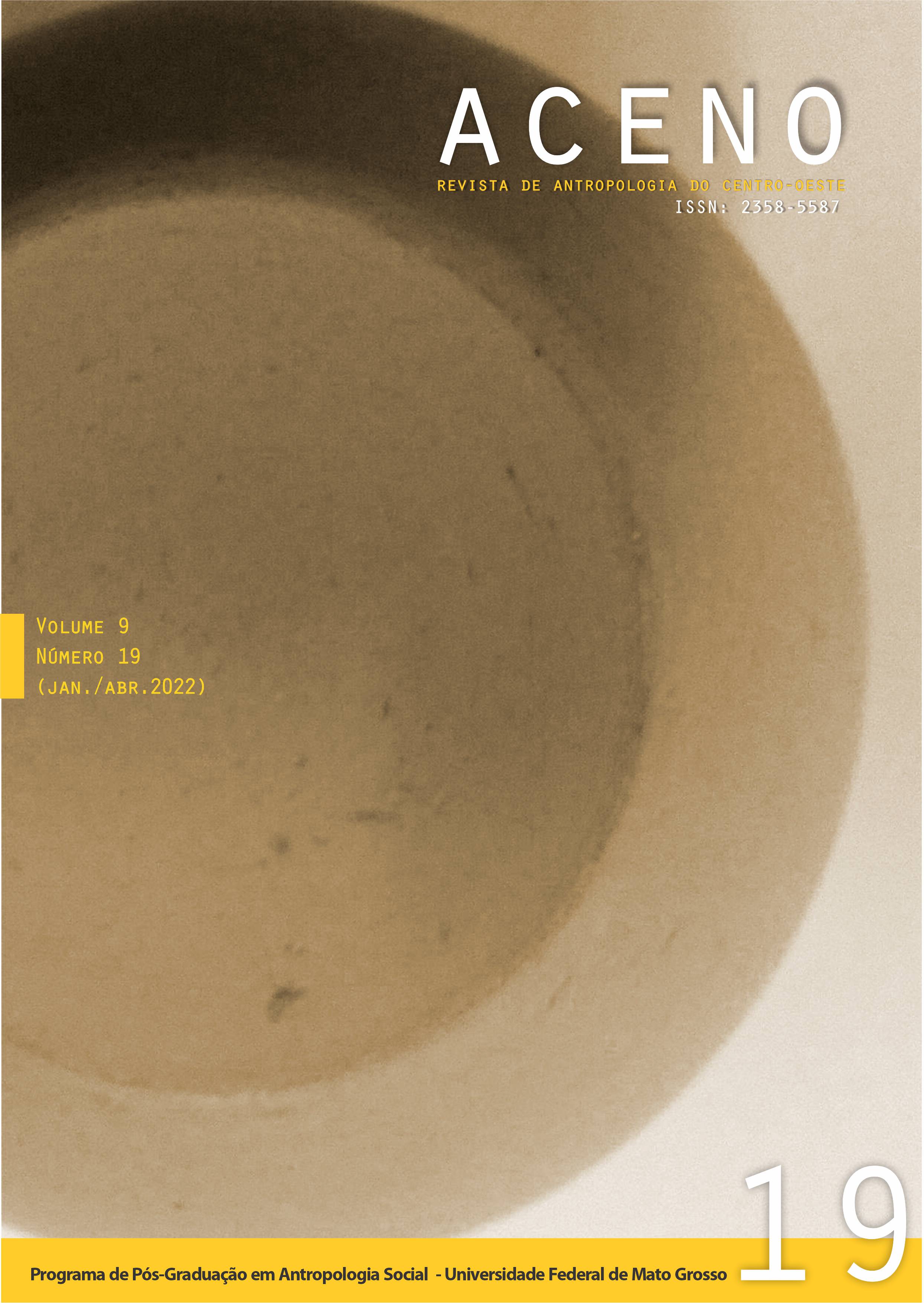National Discursive Formations, Processes of Musealization and Sexual and Gender Diversity: the “exceptionality” in/of Costa Rica
DOI:
10.48074/aceno.v9i19.13814Abstract
The National Museum of Costa Rica presents something unusual in the last room of the permanent exhibition on the country’s history: panels and images referring to the rights achieved by lesbian, gay, bisexual, transsexual, transgender and other dissident possibilities. In search for ways to denounce the mechanisms, dispositives, technologies, strategies and symbols that naturalize gender binarism, sexual dimorphism and compulsory heterosexuality (and also racial hierarchies, class oppressions, religious extremisms, etc) through museums and national monuments, I came across this “exception” in Costa Rica in relation to other national museums, in which, generally, the official national museum narrative tends to hide sexual and gender diversity in favor of heteronormativity. The purpose here is to present some reflections on the relationships between the construction of national ideologies, the musealization of cultural heritage, and the critique of heteronormativity based on my research carried out in Costa Rica between 2021 and 2022.
Downloads
Published
Issue
Section
License
As autoras ou autores cedem gratuita e automaticamente à Revista ACENO os direitos de reprodução e divulgação dos trabalhos publicados.














